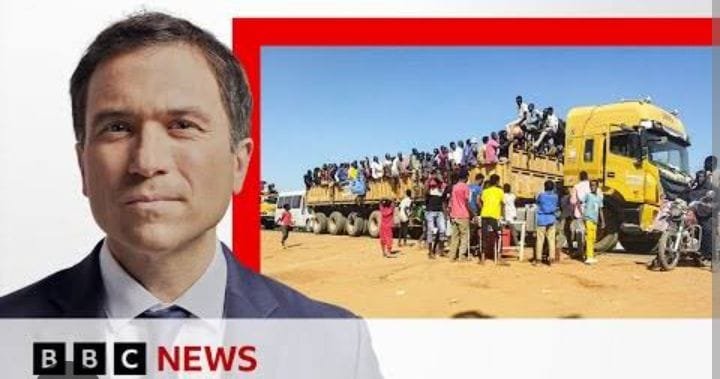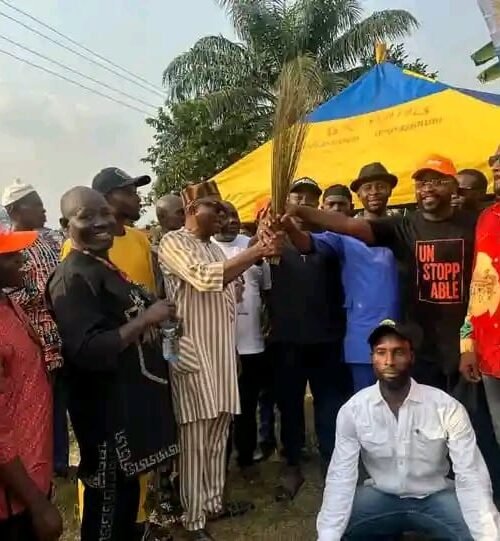Atrocities in the Pursuit of Democracy: Muted Voices, Muted Lives
The pursuit of democracy is often hailed as a beacon of hope for marginalized communities and oppressed nations. However, the journey towards democratic governance is rarely straightforward, and the consequences of this pursuit can be devastating. Atrocities, defined as acts of extreme cruelty, brutality, or violence, are often committed in the name of democracy, leaving in their wake a trail of muted voices and muted lives. These atrocities can take many forms, including ethnic cleansing, forced displacement, and extrajudicial killings, all of which serve to silence the voices of dissent and opposition.
In the context of democratic movements, muted voices refer to the systematic suppression of marginalized communities, minority groups, and opposition voices. This suppression can occur through various means, including censorship, intimidation, and violence. As a result, these voices are often relegated to the periphery of public discourse, their concerns and grievances ignored or dismissed. Muted lives, on the other hand, refer to the devastating impact of atrocities on individuals, families, and communities. These lives are often marked by trauma, displacement, and loss, leaving deep scars that can take generations to heal.
The intersection of democracy and atrocities is a complex and multifaceted issue, one that requires a nuanced understanding of the power dynamics at play. As we explore the theme of “Atrocities in the Pursuit of Democracy: Muted Voices, Muted Lives,” we will examine the ways in which democratic movements can be hijacked by extremist ideologies, leading to devastating consequences for marginalized communities. We will also highlight the resilience and courage of those who continue to speak out against atrocities, even in the face of overwhelming oppression. Through this exploration, we hope to shed light on the darker aspects of democratic pursuits and to amplify the voices of those who have been muted by atrocities.
The pursuit of democracy can indeed have unintended and devastating consequences. The recent massacre in Sudan, which resulted in over 100 deaths, is a heartbreaking example of this ¹. This tragic event occurred amidst pro-democracy protests, which initially brought joy and hope after the government of Bashir was toppled. However, the situation quickly spiraled out of control, leading to bloodshed and the silencing of voices.
Similarly, Syria’s experience serves as a cautionary tale about the complexities of democratic movements. The initial optimism and enthusiasm can give way to chaos, violence, and even extremism.
It’s essential to acknowledge that the path to democracy is often fraught with challenges and uncertainties. While the desire for freedom and self-determination is understandable, it’s crucial to approach these movements with nuance and a deep understanding of the potential consequences.
In Sudan’s case, the ongoing conflict has resulted in ethnically motivated mass killings, rape, and displacement, particularly in the Darfur region ¹. These atrocities highlight the need for a more thoughtful and inclusive approach to democratic transitions, one that prioritizes the protection of human rights and the prevention of violence.
Here are six robust paragraphs summarizing the situation in Sudan and Syria:
The ongoing conflicts in Sudan and Syria have resulted in unprecedented humanitarian crises. In Sudan, the recent massacre, which claimed over 100 lives, is a stark reminder of the devastating consequences of unchecked violence. The situation is further complicated by the country’s fragile political landscape, with various factions vying for power.
Syria’s experience serves as a cautionary tale about the complexities of democratic movements. The initial optimism and enthusiasm that accompanied the Arab Spring protests in 2011 quickly gave way to chaos, violence, and even extremism. The country’s infrastructure has been severely damaged, with an estimated 60% of its infrastructure destroyed or damaged.
The humanitarian toll of the Syrian conflict is staggering. Over 500,000 people have been killed, and 1.5 million injured since the start of the conflict. The country’s healthcare system has been severely compromised, with 50% of health facilities damaged or destroyed. This has resulted in a significant shortage of medical supplies and personnel, exacerbating the humanitarian crisis.
The economic consequences of the conflicts in Sudan and Syria have been severe. In Sudan, the economy has been crippled by decades of mismanagement and corruption. The country’s infrastructure is in disarray, and basic services such as electricity and water are scarce. In Syria, the economy has been devastated by the conflict, with an estimated 80% of the population living below the poverty line.
The refugee crisis spawned by the conflicts in Sudan and Syria has placed an enormous burden on neighboring countries. In Syria, over 5.6 million refugees have fled to neighboring countries, with 2.7 million settling in Turkey. The refugee crisis has also placed a significant strain on the resources of host countries, exacerbating social and economic tensions.
As the international community grapples with the complexities of the conflicts in Sudan and Syria, it is essential to prioritize the protection of civilians and the prevention of further violence. This requires a comprehensive approach that addresses the root causes of the conflicts, including political, economic, and social grievances. By working together, we can help mitigate the humanitarian crises in Sudan and Syria and promote a more peaceful and stable future for the people of both countries.
Despite the devastating conflicts that have ravaged Syria and Sudan, there are glimmers of hope emerging from the ashes. In Syria, various peace initiatives have been launched, including the Geneva peace talks and the Astana peace process. These efforts have brought together key stakeholders, including the Syrian government, opposition groups, and international actors, to negotiate a peaceful resolution to the conflict. While challenges persist, these initiatives have helped to reduce violence in some areas and pave the way for a more inclusive and representative political process.
As we acknowledge the progress made in Syria, we must not forget the plight of the Sudanese people, who have also suffered greatly due to conflict and instability. The recent massacre in Sudan’s Darfur region, which left over 100 people dead, is a stark reminder of the ongoing humanitarian crisis in the country. As the international community continues to support peace efforts in Syria, it is essential that we also remember Sudan and provide similar support to help bring an end to the violence and instability that has plagued the country for far too long. By working together, we can help create a more peaceful and stable future for all.

Dr Chukwuemeka Ifegwu Eke writes from the University of Abuja Nigeria.







